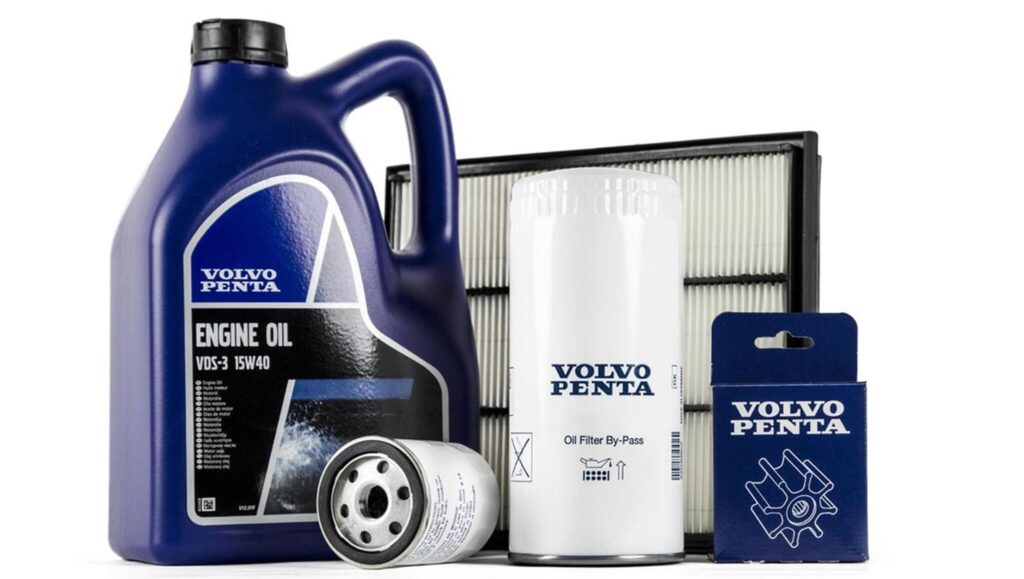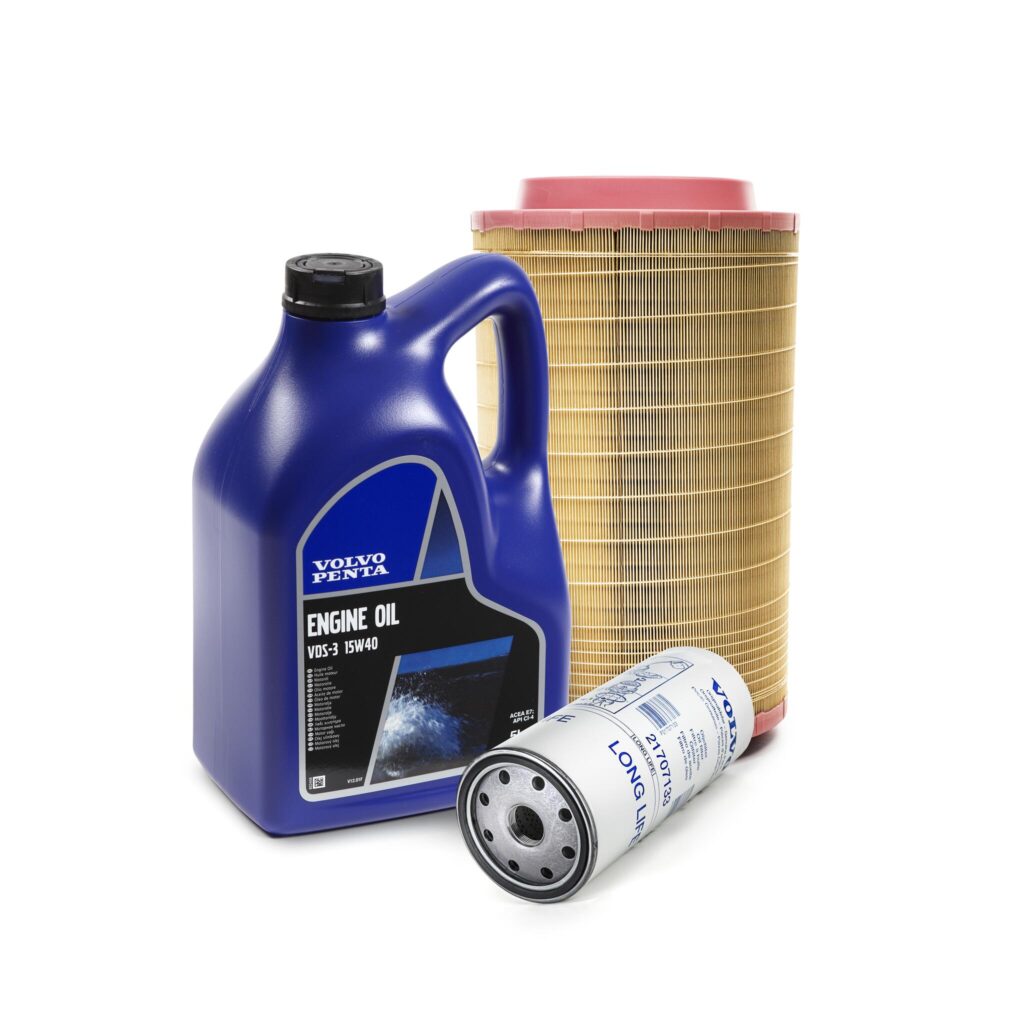The importance of genuine parts

Each time you service your engine, you may ask yourself – should I go for that expensive genuine part and why can’t I use the cheaper pattern alternative? A simple answer is – of course you can use the cheaper alternative, but at your own risk. Let me explain this a bit more:
A common belief is that a genuine part is the same pattern one, packed in a manufacturers box and sold with a high premium. While there is some truth in it, there is also a reason for that – you see, if you buy a genuine part from the manufacturer, you not only get a part which is specifically designed for your application, but you also get a full manufacturer’s warranty and responsibility if something happens. We’re not talking about a failed part only. More importantly is if that part fails and as a result it damages other components or even the whole engine beyond its repair. Try getting that responsibility from your local parts store!
Let’s look at a common oil filter, which is used in every engine and transmission. Some engines may even have as much as three of those. The primary purpose of such filters is to filter out dust, dirt, and small metal particles from circulating freely in your oil, thus damaging your engine. While there is not much of a difference in between genuine and pattern filters on the outside, there are two critical differences on the inside:
- Filtering medium type and quantity. Most OEM filters use paper as their primary filtering medium. More advanced products use specially formulated combinations of various synthetic paper blends. This in turn gives very fine and even grid, which traps particles of specified size. Cheaper alternatives often lack this formulation and therefore use simple paper, which may not trap the necessary particles in it. Quantity is as important as quality – here a simple rule of more equals better applies. The more filtering medium you have, the more filtering area you get. Cheaper products tend to have less medium in them (how else are you going to save that cost?), in some cases even by more than half! If the engine manufacturer specifies a 200-hour oil change interval, it also guarantees that the filter will last that much. But if you buy that cheap alternative filter which has half the required filtering medium in it, are you sure that it won’t clog up after 100 hours of usage? Or even faster?
- Pressure spring/valve. This little device is very crucial for your engine life. If this device fails or opens at an incorrect pressure, it may literally destroy your engine by leaving it without the required oil pressure. By inspecting some aftermarket filters, we’ve seen many having these little springs way beyond the OEM requirements.

Next time you buy your replacement filter, think of it as an investment: the price difference for a cheap alternative in some cases may be less than 10 Euros and an average boater must change it once a year. So that’s 10 Euros difference per year. Less than 1 Euro per month for a full manufacturer’s warranty and responsibility. Some manufacturers, like Volvo Penta provide a 12-month warranty on all parts with an additional 12-month warranty if these are fitted by an authorized service. Just think of it – you ask your local Volvo Penta service to do a maintenance and in return you get a full two-year warranty on all those parts they replaced. That’s an amazing deal, isn’t it?
Contact your local BMG Power Systems office for more info.

